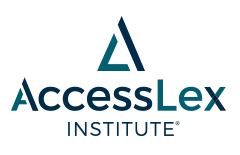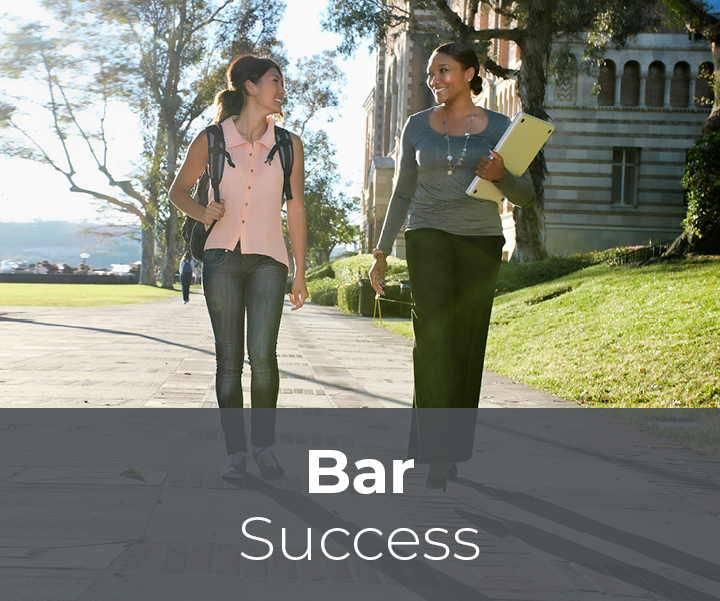
Legal Profession
The Power of Imagination: Diversity and the Education of Lawyers and Judges
Document Type
Law Review Article
Publication Date
2-2018
Keywords
access to justice, student diversity impact
Abstract
Although there are persuasive arguments for the benefits of diversity throughout higher education, a particularly compelling argument can be made for diversity in legal education, based on the distinctive mission, concerns, and pedagogy of legal education. In making that argument, this paper takes seriously Justice O’Connor’s insight in Grutter v. Bollinger, 539 U.S. 306 (2003), that “context matters” when courts consider the constitutionality of race-conscious admissions programs, as well as Justice Powell’s thoughtful reflections on the particular aims of professional education in Regents of the University of California v. Bakke, 438 U.S. 265 (1978). Legal education was the immediate context involved in Grutter, of course, but Justice O’Connor mainly focused on the context of higher education more generally. As the value of diversity continues to be questioned across the board, this paper suggests that Justice O’Connor’s insight might be further developed, so that more carefully tailored arguments can be made with respect to the value of diversity in specific educational contexts. In the case of legal education, the paper suggests, a strong argument for diversity may be made specifically in terms of the work that lawyers and judges do. Whether in litigation or in transactional work, the effective lawyer is one who is capable of understanding and appreciating the values, motivations, and interests of the other parties, as well as those of his or her client. The effective lawyer must also be able to understand how the other parties’ values, motivations, and interests relate to those of his or her client, and the effective lawyer must be able to counsel and otherwise represent his or her client in accordance with that knowledge. If anything, it is even more essential that judges be able to understand and appreciate the values, motivations, and values of those who are unlike themselves in every way. Effective lawyering and judging therefore requires professional imagination and judgment, the cultivation of which must begin in law school and requires above all that students be encouraged to see the kinds of issues they will confront in practice from the perspectives of others. That does not come easily or naturally. As this paper suggests, it requires a certain kind of educational experience in which students are actively exposed to a diversity of ideas and considerations, and a diverse student body is critically important to that educational process.




